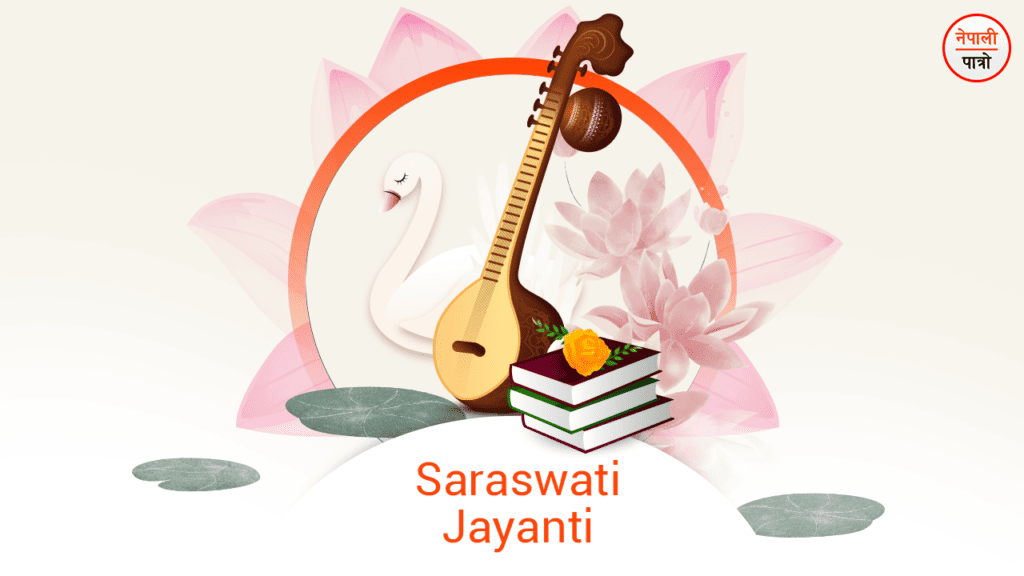
Shree Panchami-Saraswati Puja
The Panchami date (fifth day) of Magh Shukla Paksha is known as shree Panchami or Vasant Panchami. ‘Shree’ means the goddess Saraswati, the founder of science, wisdom and, speech. There is a tradition of worshipping Goddess Saraswati during this day. During Vedic times, there is evidence that this festival was celebrated in the madhumas of spring (Aratav Chaitramas). Eventually, after the Local Barhaspatya Eras’ calendar came to the practice, the Panchami date of the Magh Shukla is the day when the celebration and worship of Shree Panchami / Saraswati puja started.
Shree Panchami and Saraswati Puja
In the Vedic era, when new shoots used to come out of the trees, beautiful flowers blooming around, and a fragrance began to creep in all directions, with colorful butterflies flying around, wheat and barley crops swaying in the breeze and cuckoo begins to sing was the indication that beautiful spring season has arrived. And this Spring Festival was celebrated to welcome Ritu Raj (king of Seasons). At this time, a context of the all knower (Bramha Vetta) sages making a sacrificial fire, is mentioned
‘ब्राह्मणो वसन्ते अग्नी आदधीत…’
by reciting several Vaidic mantras. On the fifth day of the Basanta Ritu (Madhumas- honey bee season), people with their wives used to worship Lord Bishnu and Lord Kamdev (god of love). In the holy scriptures that particular Panchami is called or known as Rishi Panchami. With the passing of time, instead of Madumas falling on the spring season, Niryana Magh, falling in winter, was started to celebrate but, the name still remains as Basanta Panchami. The earliest occurrence is found in the Puranas when Lord Shree Krishna himself established the practice of worshiping goddess Saraswati puja in Shree Panchami.
According to Puranas, a context is mentioned when the other five seasons gave their part of 8/8 days from their destiny each to Ritu Raj Vasanta to make the world a greener and happier place thus, it is believed that Spring Season (Basanta Ritu) arrives 40 days ahead of his appointed time to our doorsteps. Therefore, in the public tongue, Shree Panchami is called Vasant Panchami as well.
Goddess Saraswati was born at the beginning of the creation of this universe through the mouth of Brahmaji (the creator) himself. From the four mouths of the same Brahmaji, the source of all the sciences, the four Vedas were revealed. According to mythology, after the creation of flora and fauna on the command of Lord Vishnu, Brahmaji had to create a special organism to run the world. Brahmaji was too tired and exhausted to create a human species. After all his initial efforts which did not gave him any satisfactory results, being disappointed he took a handful of water from his Kamandalu (a small hand jar to carry holy water) and sprinkled it in air and lo the goddess Saraswati puja manifested in Divine Quadrilateral form on the same day of Shree Panchami.
With a white skin complex, dressed in a white robe, holding a Bina (a harp/ sitar), a book and a rosary-necklace in her hand sitting in padmasana, over a white swan Bhagwati Saraswati with a soft smile spreading the Light of Divine Knowledge appeared in front of Brahmaji. After her appearance, on the order of Brahmaji when Bhagwati started playing her Bina, its sound created the words and speech began to spread in the world. The whole creature began to speak. Birds and insects began to tweet and sing. There was a rumbling noise in the water and a rustling sound in the air. Through her harp chimes’ the origin of the music Sa Re Ga Ma (Do, Re, Mi, So….) originated. And, after the birth of Saraswati, the total creations of Brahmaji Creation has achieved perfection.
The creation of the whole universe, divine nature (Prakriti-female) and male qualities are equally active in the creation, position and, rhythm of the whole universe. Tri Dev (three principle gods) Brahma, Vishnu and Mahesh (Shiva) along Adi Bhagwati Maharswati, Mahalaxmi and Mahakali can be seen with similar roles in the creation, preservation and, destruction. The Goddess of Vidya, Saraswati was created to fulfill the creation of Brahmaji. Brahmaji referred to Saraswati as ‘Bagadevi’ after the creation of and continuation of his venture. The mother who resides in the tongue of all living beings, Saraswati appears in or as speech. Therefore, Bhagwati Saraswati is called Bagadevi or Bagishwari. There are thousands of names of Bhagbati, as Bharati, Saraswati, Sharda, Jaganmata, Kumari, Varadini, Buddhidatri, Brahmi, Brahmacharini, Bhubaneswari, etc. And, in all those names, the supernatural qualities of Bhagavati are inherent.
Adi Shakti Bhagawati in form of Saraswati also preserves consciousness, knowledge, wisdom and all attitudes. Hence, from the compassion of Maha Sarswati, the students need as sharp intellect, sharp memory, and prompt calmness are received. Serving Bhagwati Saraswati removes the ignorant darkness and delusional fog that surrounds our human mind and helps to spreads the light of knowledge as well as consciousness. Bhagwati’s Abhaya Mudra (fearlessness) and calm smile always give the world knowledge, science, and inspiration.
Fate does not even support the illiterate. Therefore, education is required in every aspect of human life. Vidya (knowledge) can be categorized basically as “Apara” and “Para”. Throughout human life, the knowledge gained in this material life for the pursuit of material objects is known as Apara knowledge. This is different from spirituality and Bramha Bidhya (wisdom of the universe-Theology). Along with the human body, this knowledge also perishes with the human body. Another Bidhya, “Para” Vidhya is spiritualism or Bramhavidhya. It is entirely different from physical education. This knowledge remains with the creature not just in this life but, remains with them even in the afterlife. After living this life those who want to make their afterlife also bright, a devotee of Saraswati, a devout practitioner of Saraswati and true sages can only do it. There are various ways worshippings methods for practicing every art, technique, skill, and thought. Wisdom seekers are constantly studying and practicing meditation are serving Saraswati through their strong sadhana. In the history of Eastern civilization, Vyas, Valmiki, Yagyabalkya, Yajnavalkya, Pannini, Kalidas Shankaracharya, Goraknath, Tulsidas, etc receive the special boon of goddess Sarasvati and about their supernatural work can be found and read in different history books and references.
Maha Saraswati is the source of culture, civilization, and sacrament. Therefore, on this holy day, activities like children joining a school, the practice of education and promotion of civilized culture are performed. Today Saraswati puja is celebrated with great zest in the houses, in the communities, and in schools. Buddhists worship this day in the name of Manjushree. Students of various arts and techniques worship their equipment and honor Saraswati this day. Today, the various Saraswati temples in the valley are flocked with visitors. There are various perfect psalms, mantras for the purpose of praying goddess Saraswati. Here are some of them –
Saraswati-Stotram – सरस्वती-स्तोत्रम्
या कुन्देन्दुतुषारहारधवला या शुभ्रवस्त्रावृता।
या वीणावरदण्डमण्डितकरा या श्वेतपद्मासना॥
या ब्रह्माच्युत शंकरप्रभृतिभिर्देवैः सदा वन्दिता।
सा माम् पातु सरस्वती भगवती निःशेषजाड्यापहा॥1॥शुक्लाम् ब्रह्मविचार सार परमाम् आद्यां जगद्व्यापिनीम्।
वीणा-पुस्तक-धारिणीमभयदां जाड्यान्धकारापहाम्॥
हस्ते स्फटिकमालिकाम् विदधतीम् पद्मासने संस्थिताम्।
वन्दे ताम् परमेश्वरीम् भगवतीम् बुद्धिप्रदाम् शारदाम्॥2॥रवि–रुद्र–पितामह–विष्णु–नुतं ।
हरि–चन्दन–कुंकुम–पंक–युतम्।।
मुनिवृन्द–गणेन्द्र–समान–युतं।
तव नौमि सरस्वति पाद–युगम्।।१।।शशि–शुद्ध–सुधा–हिम–धाम–युतं।
शरदम्बर–बिम्ब–समान–करम्।।
बहु–रत्न–मनोहर–कान्ति–युतं।
तव नौमि सरस्वति पाद–युगम्।।२।।कनकाब्ज–विभूषित–भूति–भवं।
भव–भाव–विभाषित–भिन्न–पदम्।।
प्रभु–चित्त–समाहित–साधु–पदं।
तव नौमि सरस्वति पाद–युगम्।।३।।भवसागर–मज्जन–भीति–नुतं।
प्रतिपादित–सन्तति–कारमिदम्।।
विमलादिक–शुद्ध–विशुद्ध–पदं,
तव नौमि सरस्वति पाद–युगम्।।४।।मतिहीन–जनाश्रय–पारमिदं।
सकलागम–भाषित–भिन्न–पदम्।
परिपूरित–विश्वमनेक–भवं।
तव नौमि सरस्वति पाद–युगम्।।५।।परिपूर्ण–मनोरथ–धामनिधिं।
परमार्थ–विचार–विवेक–निधिम्।।
सुर–योषित–सेवित–पाद–तलं।
तव नौमि सरस्वति पाद–युगम्।।६।।सुरमौलि–मणि–द्युति–शुभ्रकरं।
विषयादि–महाभय–वर्णहरम्।।
निजकान्ति–विलेपित–चन्द्र–शिवं।
तव नौमि सरस्वति पाद–युगम्।।७।।गुणनैक–कुलस्थिति–भीतिपदं।
गुण–गौरव–गर्वित–सत्यपदम्।।
कमलोदर–कोमल–पादतलं।
तव नौमि सरस्वति पाद–युगम्।।८।।त्रिसन्ध्यं यो जपेन्नित्यं जले वापि स्थले स्थितः।
पाठमात्राद्–भवेत् प्राज्ञो ब्रह्मनिष्ठः पुनः पुनः।।
To Read this article in the Nepali Language please click here.
Related Posts
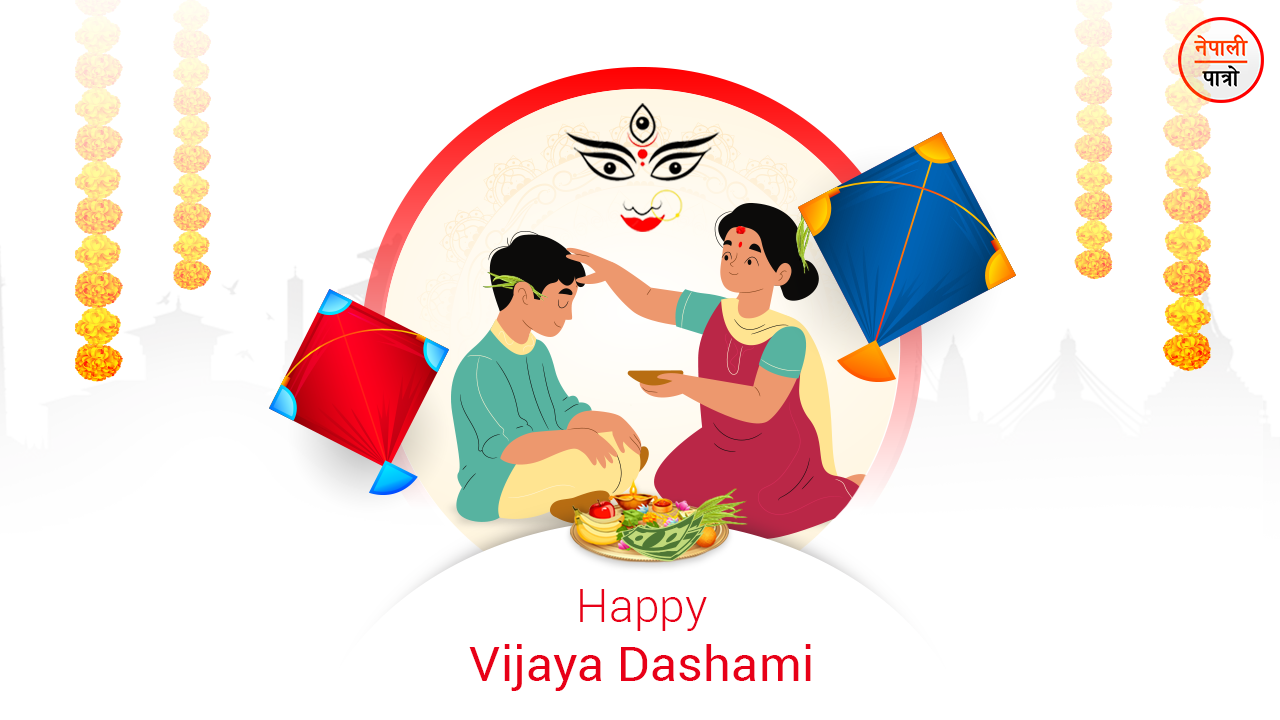 array(1) {
[0]=>
object(WP_Term)#2299 (16) {
["term_id"]=>
int(383)
["name"]=>
string(9) "Festivals"
["slug"]=>
string(12) "festivals-en"
["term_group"]=>
int(0)
["term_taxonomy_id"]=>
int(383)
["taxonomy"]=>
string(8) "category"
["description"]=>
string(440) "Festivals are celebrated on special days and dates by people of different castes and communities celebrating and worshiping different deities by having a feast etc. Melapat (social gathering), means trips, and festivals that bring people together. Jatra usually means the festival of god or goddess like Rath Yatra, Khat Yatra etc. Likewise, traditions refer to different Rituals, practises, and traditions that have long been practiced."
["parent"]=>
int(0)
["count"]=>
int(94)
["filter"]=>
string(3) "raw"
["cat_ID"]=>
int(383)
["category_count"]=>
int(94)
["category_description"]=>
string(440) "Festivals are celebrated on special days and dates by people of different castes and communities celebrating and worshiping different deities by having a feast etc. Melapat (social gathering), means trips, and festivals that bring people together. Jatra usually means the festival of god or goddess like Rath Yatra, Khat Yatra etc. Likewise, traditions refer to different Rituals, practises, and traditions that have long been practiced."
["cat_name"]=>
string(9) "Festivals"
["category_nicename"]=>
string(12) "festivals-en"
["category_parent"]=>
int(0)
}
}
festivals-en
Festivals
array(1) {
[0]=>
object(WP_Term)#2299 (16) {
["term_id"]=>
int(383)
["name"]=>
string(9) "Festivals"
["slug"]=>
string(12) "festivals-en"
["term_group"]=>
int(0)
["term_taxonomy_id"]=>
int(383)
["taxonomy"]=>
string(8) "category"
["description"]=>
string(440) "Festivals are celebrated on special days and dates by people of different castes and communities celebrating and worshiping different deities by having a feast etc. Melapat (social gathering), means trips, and festivals that bring people together. Jatra usually means the festival of god or goddess like Rath Yatra, Khat Yatra etc. Likewise, traditions refer to different Rituals, practises, and traditions that have long been practiced."
["parent"]=>
int(0)
["count"]=>
int(94)
["filter"]=>
string(3) "raw"
["cat_ID"]=>
int(383)
["category_count"]=>
int(94)
["category_description"]=>
string(440) "Festivals are celebrated on special days and dates by people of different castes and communities celebrating and worshiping different deities by having a feast etc. Melapat (social gathering), means trips, and festivals that bring people together. Jatra usually means the festival of god or goddess like Rath Yatra, Khat Yatra etc. Likewise, traditions refer to different Rituals, practises, and traditions that have long been practiced."
["cat_name"]=>
string(9) "Festivals"
["category_nicename"]=>
string(12) "festivals-en"
["category_parent"]=>
int(0)
}
}
festivals-en
Festivals
National Festival Vijaya Dashami (Bada Dashain)
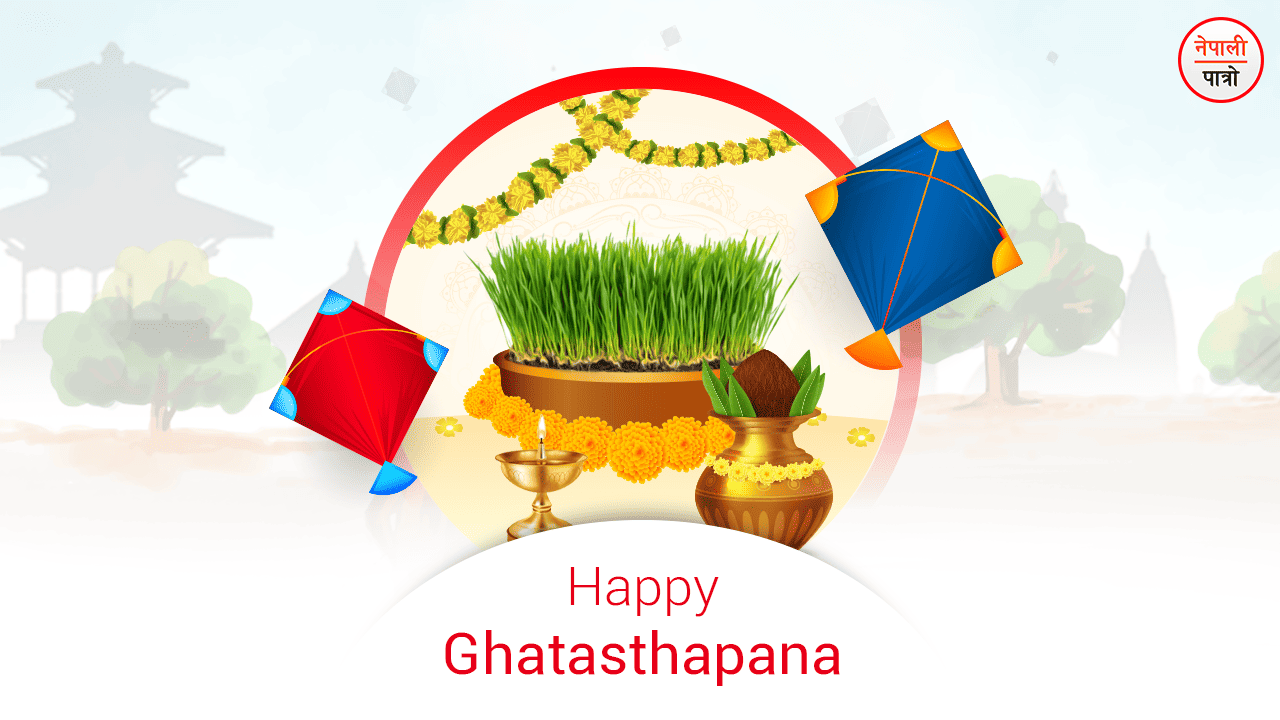 array(1) {
[0]=>
object(WP_Term)#2301 (16) {
["term_id"]=>
int(383)
["name"]=>
string(9) "Festivals"
["slug"]=>
string(12) "festivals-en"
["term_group"]=>
int(0)
["term_taxonomy_id"]=>
int(383)
["taxonomy"]=>
string(8) "category"
["description"]=>
string(440) "Festivals are celebrated on special days and dates by people of different castes and communities celebrating and worshiping different deities by having a feast etc. Melapat (social gathering), means trips, and festivals that bring people together. Jatra usually means the festival of god or goddess like Rath Yatra, Khat Yatra etc. Likewise, traditions refer to different Rituals, practises, and traditions that have long been practiced."
["parent"]=>
int(0)
["count"]=>
int(94)
["filter"]=>
string(3) "raw"
["cat_ID"]=>
int(383)
["category_count"]=>
int(94)
["category_description"]=>
string(440) "Festivals are celebrated on special days and dates by people of different castes and communities celebrating and worshiping different deities by having a feast etc. Melapat (social gathering), means trips, and festivals that bring people together. Jatra usually means the festival of god or goddess like Rath Yatra, Khat Yatra etc. Likewise, traditions refer to different Rituals, practises, and traditions that have long been practiced."
["cat_name"]=>
string(9) "Festivals"
["category_nicename"]=>
string(12) "festivals-en"
["category_parent"]=>
int(0)
}
}
festivals-en
Festivals
array(1) {
[0]=>
object(WP_Term)#2301 (16) {
["term_id"]=>
int(383)
["name"]=>
string(9) "Festivals"
["slug"]=>
string(12) "festivals-en"
["term_group"]=>
int(0)
["term_taxonomy_id"]=>
int(383)
["taxonomy"]=>
string(8) "category"
["description"]=>
string(440) "Festivals are celebrated on special days and dates by people of different castes and communities celebrating and worshiping different deities by having a feast etc. Melapat (social gathering), means trips, and festivals that bring people together. Jatra usually means the festival of god or goddess like Rath Yatra, Khat Yatra etc. Likewise, traditions refer to different Rituals, practises, and traditions that have long been practiced."
["parent"]=>
int(0)
["count"]=>
int(94)
["filter"]=>
string(3) "raw"
["cat_ID"]=>
int(383)
["category_count"]=>
int(94)
["category_description"]=>
string(440) "Festivals are celebrated on special days and dates by people of different castes and communities celebrating and worshiping different deities by having a feast etc. Melapat (social gathering), means trips, and festivals that bring people together. Jatra usually means the festival of god or goddess like Rath Yatra, Khat Yatra etc. Likewise, traditions refer to different Rituals, practises, and traditions that have long been practiced."
["cat_name"]=>
string(9) "Festivals"
["category_nicename"]=>
string(12) "festivals-en"
["category_parent"]=>
int(0)
}
}
festivals-en
Festivals
Ghatasthapana
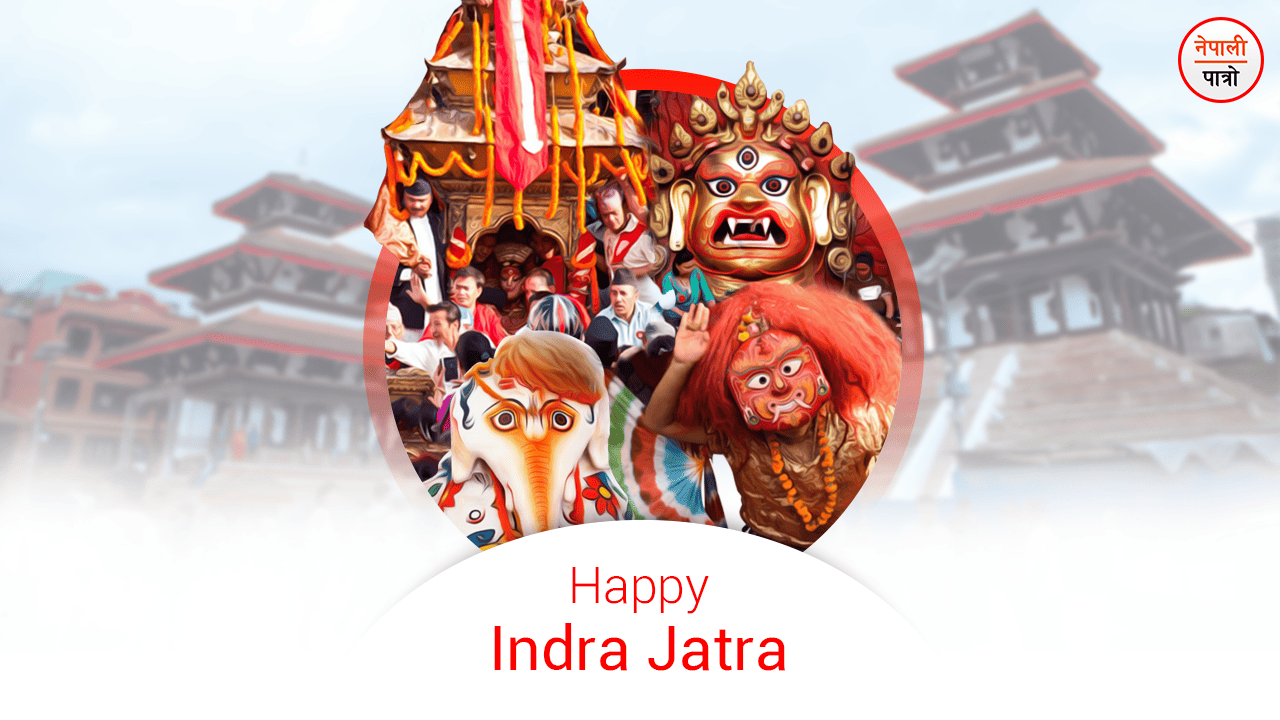 array(1) {
[0]=>
object(WP_Term)#2302 (16) {
["term_id"]=>
int(383)
["name"]=>
string(9) "Festivals"
["slug"]=>
string(12) "festivals-en"
["term_group"]=>
int(0)
["term_taxonomy_id"]=>
int(383)
["taxonomy"]=>
string(8) "category"
["description"]=>
string(440) "Festivals are celebrated on special days and dates by people of different castes and communities celebrating and worshiping different deities by having a feast etc. Melapat (social gathering), means trips, and festivals that bring people together. Jatra usually means the festival of god or goddess like Rath Yatra, Khat Yatra etc. Likewise, traditions refer to different Rituals, practises, and traditions that have long been practiced."
["parent"]=>
int(0)
["count"]=>
int(94)
["filter"]=>
string(3) "raw"
["cat_ID"]=>
int(383)
["category_count"]=>
int(94)
["category_description"]=>
string(440) "Festivals are celebrated on special days and dates by people of different castes and communities celebrating and worshiping different deities by having a feast etc. Melapat (social gathering), means trips, and festivals that bring people together. Jatra usually means the festival of god or goddess like Rath Yatra, Khat Yatra etc. Likewise, traditions refer to different Rituals, practises, and traditions that have long been practiced."
["cat_name"]=>
string(9) "Festivals"
["category_nicename"]=>
string(12) "festivals-en"
["category_parent"]=>
int(0)
}
}
festivals-en
Festivals
array(1) {
[0]=>
object(WP_Term)#2302 (16) {
["term_id"]=>
int(383)
["name"]=>
string(9) "Festivals"
["slug"]=>
string(12) "festivals-en"
["term_group"]=>
int(0)
["term_taxonomy_id"]=>
int(383)
["taxonomy"]=>
string(8) "category"
["description"]=>
string(440) "Festivals are celebrated on special days and dates by people of different castes and communities celebrating and worshiping different deities by having a feast etc. Melapat (social gathering), means trips, and festivals that bring people together. Jatra usually means the festival of god or goddess like Rath Yatra, Khat Yatra etc. Likewise, traditions refer to different Rituals, practises, and traditions that have long been practiced."
["parent"]=>
int(0)
["count"]=>
int(94)
["filter"]=>
string(3) "raw"
["cat_ID"]=>
int(383)
["category_count"]=>
int(94)
["category_description"]=>
string(440) "Festivals are celebrated on special days and dates by people of different castes and communities celebrating and worshiping different deities by having a feast etc. Melapat (social gathering), means trips, and festivals that bring people together. Jatra usually means the festival of god or goddess like Rath Yatra, Khat Yatra etc. Likewise, traditions refer to different Rituals, practises, and traditions that have long been practiced."
["cat_name"]=>
string(9) "Festivals"
["category_nicename"]=>
string(12) "festivals-en"
["category_parent"]=>
int(0)
}
}
festivals-en
Festivals
Indra Jatra
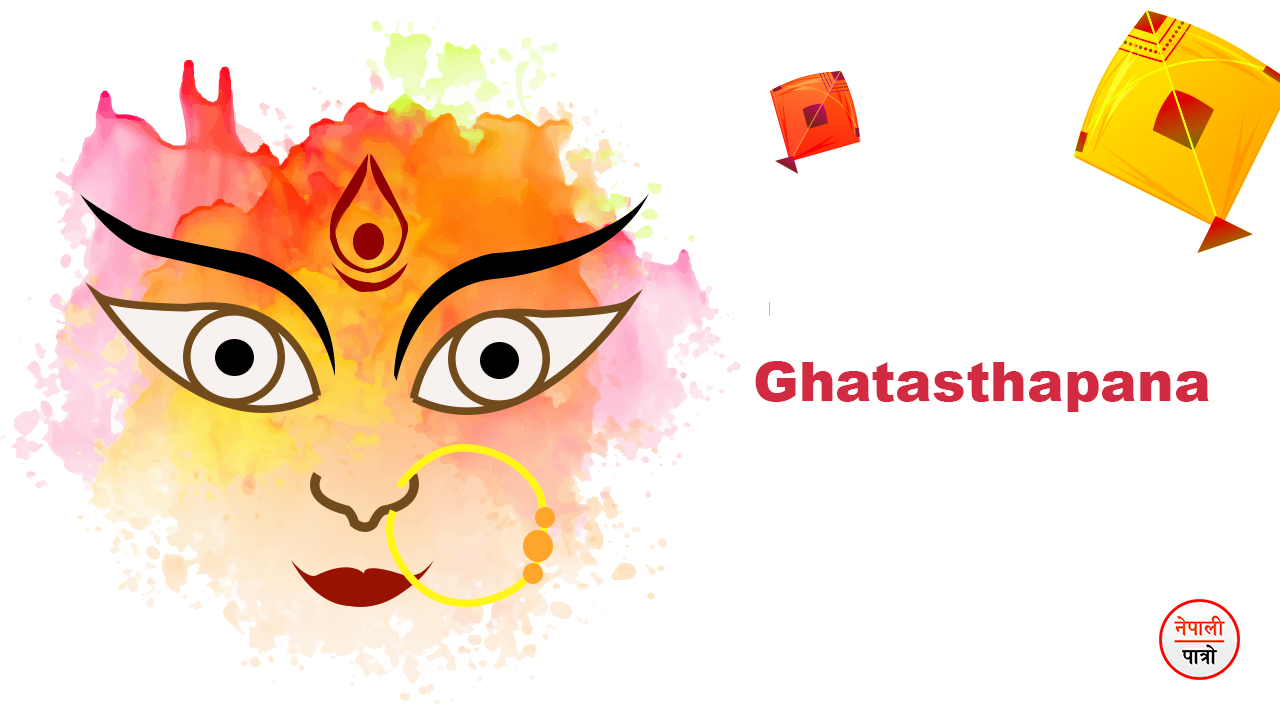 array(1) {
[0]=>
object(WP_Term)#2303 (16) {
["term_id"]=>
int(383)
["name"]=>
string(9) "Festivals"
["slug"]=>
string(12) "festivals-en"
["term_group"]=>
int(0)
["term_taxonomy_id"]=>
int(383)
["taxonomy"]=>
string(8) "category"
["description"]=>
string(440) "Festivals are celebrated on special days and dates by people of different castes and communities celebrating and worshiping different deities by having a feast etc. Melapat (social gathering), means trips, and festivals that bring people together. Jatra usually means the festival of god or goddess like Rath Yatra, Khat Yatra etc. Likewise, traditions refer to different Rituals, practises, and traditions that have long been practiced."
["parent"]=>
int(0)
["count"]=>
int(94)
["filter"]=>
string(3) "raw"
["cat_ID"]=>
int(383)
["category_count"]=>
int(94)
["category_description"]=>
string(440) "Festivals are celebrated on special days and dates by people of different castes and communities celebrating and worshiping different deities by having a feast etc. Melapat (social gathering), means trips, and festivals that bring people together. Jatra usually means the festival of god or goddess like Rath Yatra, Khat Yatra etc. Likewise, traditions refer to different Rituals, practises, and traditions that have long been practiced."
["cat_name"]=>
string(9) "Festivals"
["category_nicename"]=>
string(12) "festivals-en"
["category_parent"]=>
int(0)
}
}
festivals-en
Festivals
array(1) {
[0]=>
object(WP_Term)#2303 (16) {
["term_id"]=>
int(383)
["name"]=>
string(9) "Festivals"
["slug"]=>
string(12) "festivals-en"
["term_group"]=>
int(0)
["term_taxonomy_id"]=>
int(383)
["taxonomy"]=>
string(8) "category"
["description"]=>
string(440) "Festivals are celebrated on special days and dates by people of different castes and communities celebrating and worshiping different deities by having a feast etc. Melapat (social gathering), means trips, and festivals that bring people together. Jatra usually means the festival of god or goddess like Rath Yatra, Khat Yatra etc. Likewise, traditions refer to different Rituals, practises, and traditions that have long been practiced."
["parent"]=>
int(0)
["count"]=>
int(94)
["filter"]=>
string(3) "raw"
["cat_ID"]=>
int(383)
["category_count"]=>
int(94)
["category_description"]=>
string(440) "Festivals are celebrated on special days and dates by people of different castes and communities celebrating and worshiping different deities by having a feast etc. Melapat (social gathering), means trips, and festivals that bring people together. Jatra usually means the festival of god or goddess like Rath Yatra, Khat Yatra etc. Likewise, traditions refer to different Rituals, practises, and traditions that have long been practiced."
["cat_name"]=>
string(9) "Festivals"
["category_nicename"]=>
string(12) "festivals-en"
["category_parent"]=>
int(0)
}
}
festivals-en
Festivals
Major Rituals of Bada Dashain
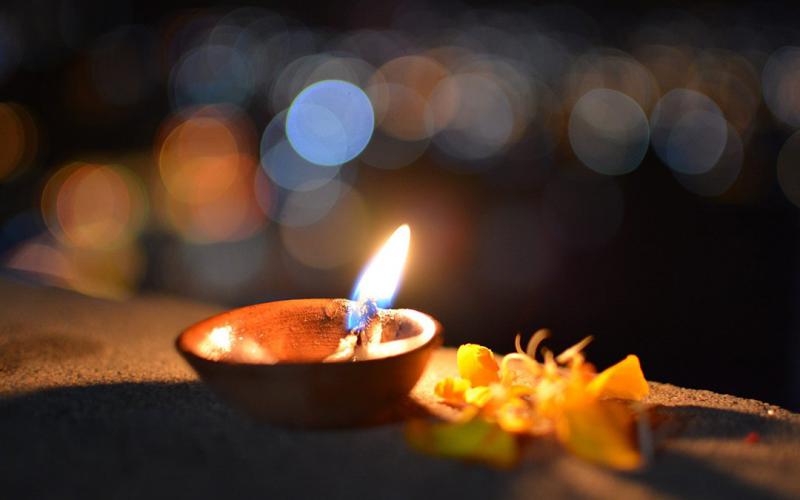 array(1) {
[0]=>
object(WP_Term)#2304 (16) {
["term_id"]=>
int(383)
["name"]=>
string(9) "Festivals"
["slug"]=>
string(12) "festivals-en"
["term_group"]=>
int(0)
["term_taxonomy_id"]=>
int(383)
["taxonomy"]=>
string(8) "category"
["description"]=>
string(440) "Festivals are celebrated on special days and dates by people of different castes and communities celebrating and worshiping different deities by having a feast etc. Melapat (social gathering), means trips, and festivals that bring people together. Jatra usually means the festival of god or goddess like Rath Yatra, Khat Yatra etc. Likewise, traditions refer to different Rituals, practises, and traditions that have long been practiced."
["parent"]=>
int(0)
["count"]=>
int(94)
["filter"]=>
string(3) "raw"
["cat_ID"]=>
int(383)
["category_count"]=>
int(94)
["category_description"]=>
string(440) "Festivals are celebrated on special days and dates by people of different castes and communities celebrating and worshiping different deities by having a feast etc. Melapat (social gathering), means trips, and festivals that bring people together. Jatra usually means the festival of god or goddess like Rath Yatra, Khat Yatra etc. Likewise, traditions refer to different Rituals, practises, and traditions that have long been practiced."
["cat_name"]=>
string(9) "Festivals"
["category_nicename"]=>
string(12) "festivals-en"
["category_parent"]=>
int(0)
}
}
festivals-en
Festivals
array(1) {
[0]=>
object(WP_Term)#2304 (16) {
["term_id"]=>
int(383)
["name"]=>
string(9) "Festivals"
["slug"]=>
string(12) "festivals-en"
["term_group"]=>
int(0)
["term_taxonomy_id"]=>
int(383)
["taxonomy"]=>
string(8) "category"
["description"]=>
string(440) "Festivals are celebrated on special days and dates by people of different castes and communities celebrating and worshiping different deities by having a feast etc. Melapat (social gathering), means trips, and festivals that bring people together. Jatra usually means the festival of god or goddess like Rath Yatra, Khat Yatra etc. Likewise, traditions refer to different Rituals, practises, and traditions that have long been practiced."
["parent"]=>
int(0)
["count"]=>
int(94)
["filter"]=>
string(3) "raw"
["cat_ID"]=>
int(383)
["category_count"]=>
int(94)
["category_description"]=>
string(440) "Festivals are celebrated on special days and dates by people of different castes and communities celebrating and worshiping different deities by having a feast etc. Melapat (social gathering), means trips, and festivals that bring people together. Jatra usually means the festival of god or goddess like Rath Yatra, Khat Yatra etc. Likewise, traditions refer to different Rituals, practises, and traditions that have long been practiced."
["cat_name"]=>
string(9) "Festivals"
["category_nicename"]=>
string(12) "festivals-en"
["category_parent"]=>
int(0)
}
}
festivals-en
Festivals
January 24, 2021 4 years
Om
Jaya Ma!
I love chanting this stotra.
Although I can read devanāgarī I don’t know the translation in English.
By any chance, do you have it and can share it?
Thanks and blessings
January 25, 2021 4 years
Hello!
You can follow this link (https://nepalipatro.com.np/blog/en/saraswati-puja-shri-panchami/) for the English translation. But, we are sorry to inform you that Mantras cannot be translated into English as u have asked. We are extremely sorry regarding mantras matter
Thank you
Nepali Patro Family
January 26, 2023 2 years
Nepal I
January 26, 2023 2 years
nantak
January 26, 2023 2 years
rabidasa
January 26, 2023 2 years
rabidasa